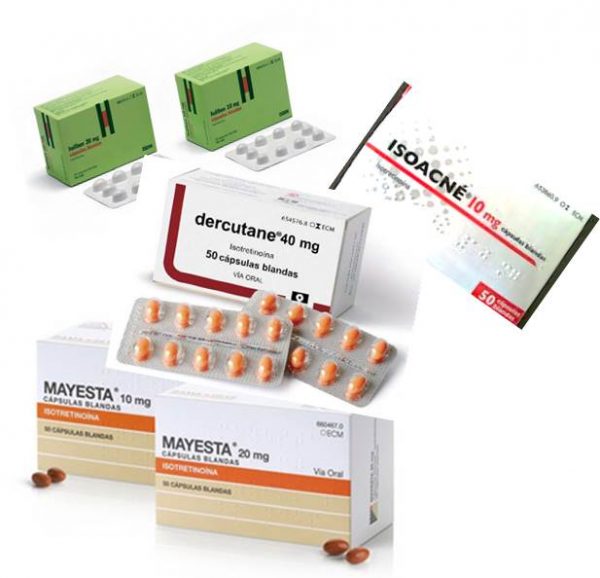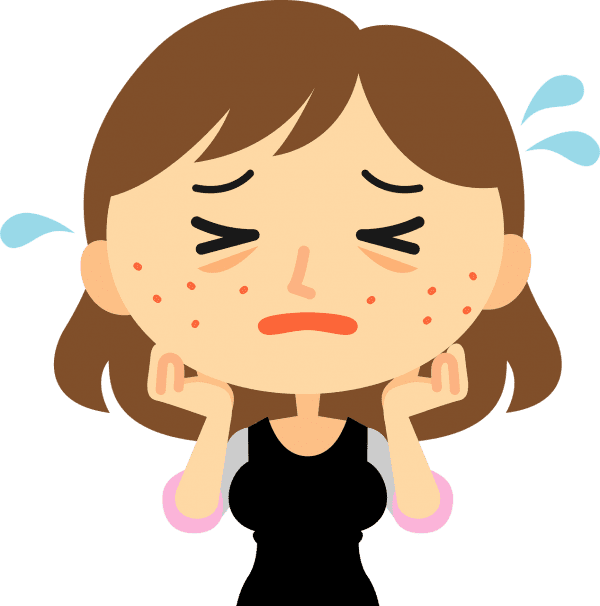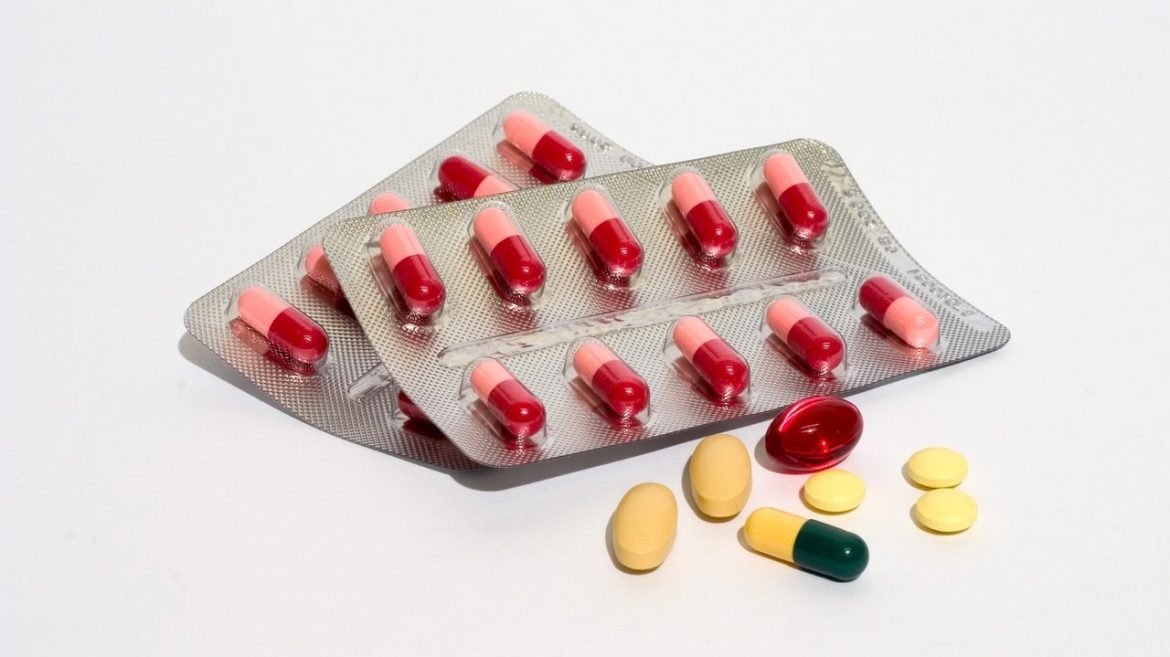At this time of year it is easy for you to be starting or have started an isotretinoin (Dercutane®/Accutane®) treatment for acne. Maybe that’s why you’ve come to this link.
You will know that different dosage capsules are available on the market, and your dermatologist will have suggested that you start with a specific dosage. Why that one and not a higher one? Why not a lower one?
What dose of isotretinoin is available?
In the pharmacy you can find doses of isotretinoin from 5mg to 40mg.
How is the appropriate dose calculated?
The dose taken by each person is always individualized according to his or her case. We usually do this based on the characteristics of the acne, the patient’s weight and preferences.
Traditionally, calculations have been based on reaching a cumulative dose of about 120-150mg/kg, which was considered the dose at which the treatment is effective (and in many cases, definitive).

To achieve this total dose, more can be taken each day (higher doses), which will bring the treatment to an end sooner, or less (lower doses), which will extend the treatment over a longer period of time.
The American Academy of Dermatology continues to recommend this total cumulative dose pattern. However, many authors question whether this should be achieved in every case. It seems that the duration of treatment or total cumulative dose that we need to achieve is related to the severity of the acne condition and the same value cannot be established for all people.
This means that the dose we use for each patient should be specifically designed for them, according to the characteristics of their acne and their preferences.
What about adverse effects?
We know that the adverse effects of isotretinoin are proportional to the dose taken. In other words, the higher the dose, the greater the dryness and fragility of the skin, for example.
You can read more about the adverse effects of isotretinoin here.
In this context, the occurrence of a possible worsening in the first weeks of treatment is of particular importance. The higher the dose, the more likely it is to occur. So it seems sensible (and we do it) to start treatment with low doses to minimise the likelihood of this happening.

How long should treatment be continued?
Traditionally, the duration of treatment has been dependent on completing the total cumulative dose I mentioned. This may make some sense in very severe cases of acne.
However, in mild or moderate cases, it is more controversial. The total cumulative dose of 120-150mg/kg can be used as a reference, or the duration of treatment can be determined according to the response. What does seem clear, however, is that even if we see a very clear improvement, it is advisable to continue the treatment for a few more months to consolidate the effect.
What does it take to get rid of acne for good?
Isotretinoin is known to clear up acne for good in up to 80-90% of cases, but this is not always the case; some people’s acne comes back for some time after stopping treatment.
We do not know exactly what causes acne. But we do know a few things:
- the use of low doses does not make the treatment less effective, but it does minimise its side effects.
- there are some factors that make the recurrence of acne more likely and we should be aware of these factors.
- Being a child
- Being under 14 years old
- Being a woman over the age of 25: In adult women, acne has an important hormonal component and therefore the response to isotretinoin may not be optimal if not accompanied by anti-androgen treatment.
- have polycystic ovary syndrome
- Have stopped treatment before acne has cleared completely
- Severe or extensive acne on the trunk
In conclusion…
Isotretinoin (Dercutane) is a safe and effective treatment for acne. Low doses allow for greater convenience and fewer side effects.
The specific circumstances and characteristics of your acne will require your dermatologist to determine the specific dose and duration for your case. This decision will also be influenced by your preferences.
